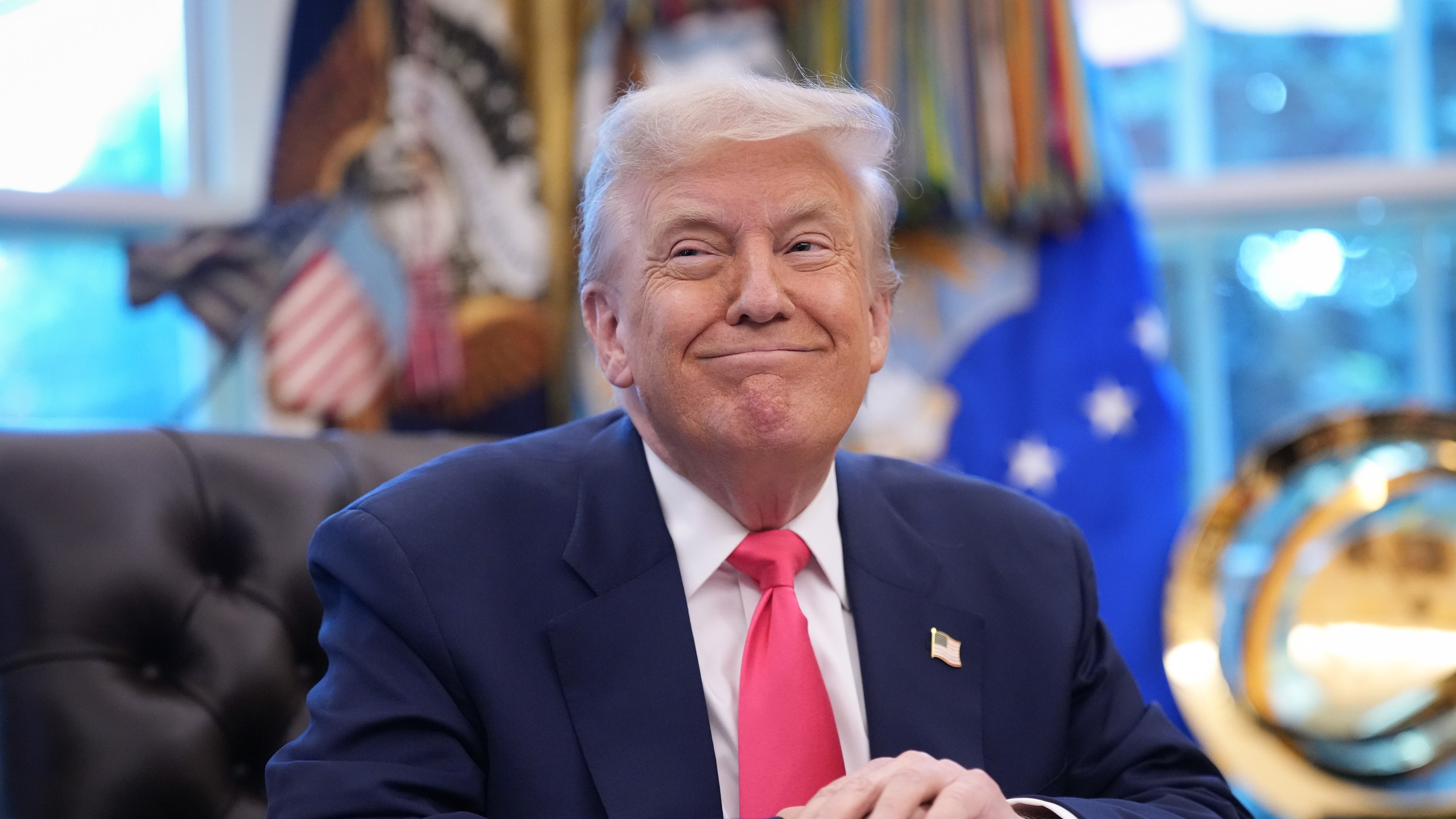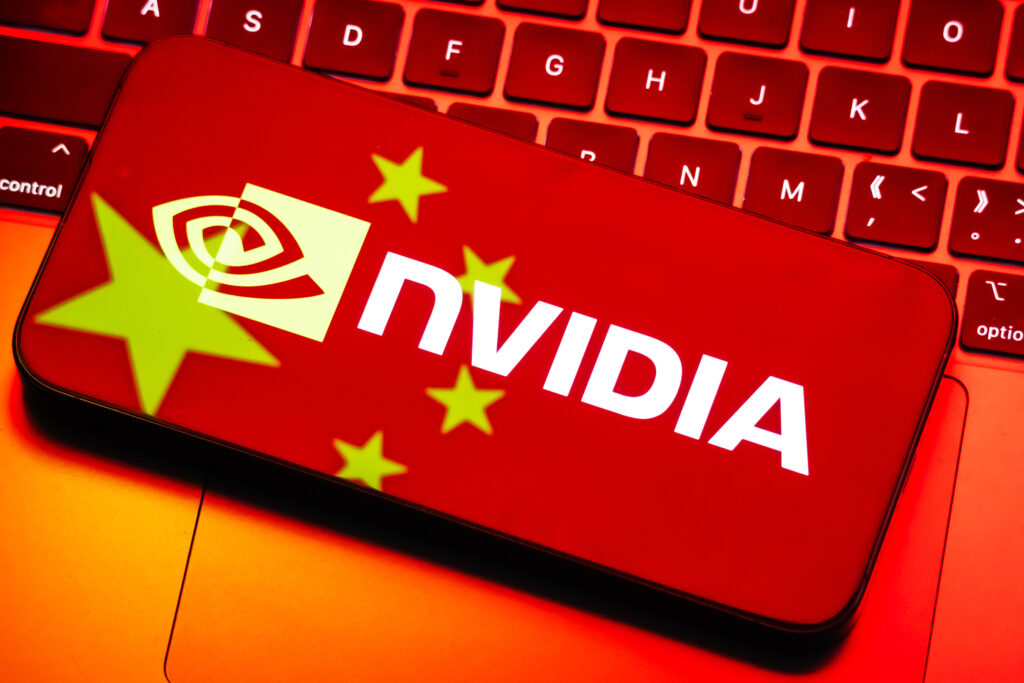NVIDIA, the world’s leading supplier of AI chips, has lately found itself in the crossfire of global policy, but that’s not stopping the company from forging ahead with a new AI GPU explicitly designed for China.
According to two sources who were unauthorized to share the information (via Reuters), NVIDIA’s new AI chip is based on the latest Blackwell architecture — the same that serves as the foundation for NVIDIA’s latest consumer RTX graphics cards — and will be more powerful than the H20 AI GPU that’s received so much attention from both Chinese and American officials.
The new Blackwell chip, reportedly referred to as the B30A, features a single-die design, effectively halving the raw power of NVIDIA’s leading B300 AI GPU. It will feature the same NVIDIA NVLink and high-bandwidth memory as the H20 chip, but overall is expected to be much more powerful.
The B30A’s specs have not yet been finalized, but the sources say that NVIDIA aims to produce samples for Chinese customers “as early as next month.”
Is NVIDIA getting ahead of itself with its new B30A AI chip?
NVIDIA might be viewed as getting ahead of itself with its new B30A AI chip. The company has faced several hurdles on the path to selling its AI hardware in China, as it attempts to assuage national security concerns from both Beijing and Washington.
NVIDIA’s H20 AI GPU — based on the Hopper architecture and nerfed compared to the H200 — was created out of necessity following a tightening of export controls in 2023 under the Biden administration.
In April 2025, the Trump administration placed an outright ban on exporting the H20 GPU to China, which left NVIDIA with a $5.5 billion write-off and a massive stockpile of the AI chips.
Three months later, it was announced that NVIDIA CEO Jensen Huang had reached a deal to export the H20 chip to China following a meeting with President Trump at the White House.
A major part of Huang’s argument to Trump was that US technology should be the global standard in the AI race, no matter political tensions. Anything less would be “a grave mistake,” according to Huang.
We believe that every civil model should run best on the U.S. technology stack, encouraging nations worldwide to choose America.”
Jensen Huang, NVIDIA CEO
OpenAI CEO Sam Altman recently mirrored the NVIDIA CEO’s stance on export controls, stating he doesn’t believe they’re the solution to hampering China’s progress in the AI race.
NVIDIA quickly placed an order for 300,000 more H20 AI GPUs from TSMC, bolstering its stockpile of 600,000 to 700,000 chips ready to sell. To put things into perspective, it’s estimated that NVIDIA sold approximately 1 million H20 AI chips in 2024 under the tightened export controls put in place by the Biden administration.
Will Trump’s AI chip tax open the door for more exports?

In an unprecedented move, it was reported on August 10 that NVIDIA and AMD had both agreed to pay the US government 15% of revenue garnered from the sale of specific AI chips, including the H20, to China.
This chip tax, of course, is a first, and it’s not yet clear if it’s entirely legal. That’s not stopping NVIDIA from taking advantage.
We follow rules the U.S. government sets for our participation in worldwide markets. While we haven’t shipped H20 to China for months, we hope export control rules will let America compete in China and worldwide. America cannot repeat 5G and lose telecommunication leadership. America’s AI tech stack can be the world’s standard if we race.
NVIDIA
The quick reversal of export controls is concerning for security officials. The H20 was, earlier this year, too good a chip to sell to China, which some fear is using AI to bolster its military. Now, as President Trump stated when announcing the new 15% chip tax, “The H20 is obsolete.”
On China’s side, similar concerns are valid. The quick policy reversal has led to fears that NVIDIA’s chips could have some form of spyware or kill switch baked in. It was reported that major Chinese AI firms have received pressure from authorities to avoid using the H20 chip.
NVIDIA’s Chief Security Officer, David Reber Jr., went so far as to publish a blog post titled “No Backdoors. No Kill Switches. No Spyware,” in an attempt to quell concerns.
It seems like the export licenses that NVIDIA needs for its H20 AI GPUs could disappear at any time, so is the company getting ahead of itself with its planned B30A chip? In a statement, NVIDIA says it’s merely planning for the future.
We evaluate a variety of products for our roadmap, so that we can be prepared to compete to the extent that governments allow. Everything we offer is with the full approval of the applicable authorities and designed solely for beneficial commercial use.
NVIDIA
This also isn’t the first time a new Blackwell chip for China has been referenced publicly. During President Trump’s AI chip tax press conference, he noted:
“Jensen also has the new chip, the Blackwell. A somewhat enhanced-in-a-negative-way Blackwell. In other words, take 30% to 50% off of it. […] I think he’s coming to see me again about that, but that will be an unenhanced version of the big one.”
From a business perspective, NVIDIA is doing exactly what it should be. China made up roughly 13% of NVIDIA’s business last year, and with China’s domestic AI chips — notably from Huawei — catching up to NVIDIA’s nerfed offerings, it makes sense that the US company wants to keep its market share with a new Blackwell chip.


